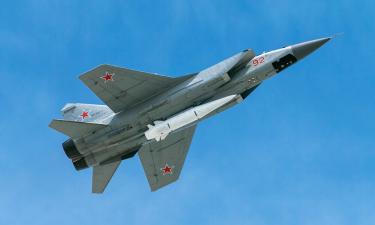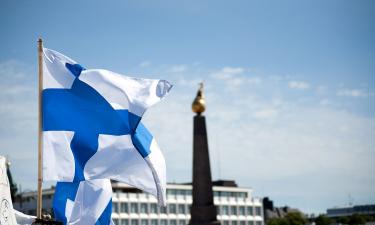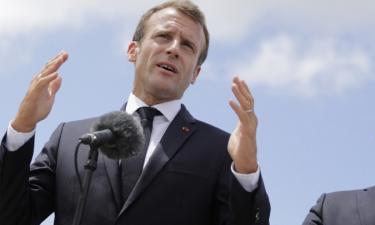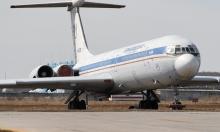Arabs Shocked. It's Time to Awe Them
It's unlikely that Iraqis are absolutely inspired with the democracy ideals
The phase into which the Iraqi operation has entered can be called "final conciliation". An occupation administration has been already formed. It will be headed by retired lieutenant-general Jay Garner famous for his ultra-right (in a good sense of the word) views. The man is known for his nickname Call-me-Jay, which the general himself likes very much. American journalist have invented one more nickname for the general, they call him Baghdad sheriff, which sounds very offensive for Garner. To all appearances, Jay Garner and his administration will demonstrate to Arabs and to the whole of the world how governmental ruling must be adapted to the democracy ideals.
For the time being, it's unlikely that Iraqis are absolutely inspired with the democracy ideals. Yesterday local citizens in Mosul attempted to protest against a speech delivered by the new governor Mashan al-Guburi who welcomed the US "liberators" too ardently. The protest entailed sad consequences: US marines probably decided that freedom of opinion didn't apply to Iraqis and opened fire against the crowd. Twelve people were killed and over 100 wounded. As is traditionally done, officials at the US central command in Qatar declared they knew no details of the incident. Today, several Iraqi policemen were wounded in Mosul. The men have been just recently called up. The policemen made attempts to stop a robber who wanted to penetrate into a local bank. To scare the robber, a policemen shot in the air. Suddenly, American soldiers emerged from nowhere and opened fire against the policemen, against the people whom the USA asked to resume their service. As a result, four men were killed.
Certainly, the footage demonstrating Iraqi crowds greeting Americans in the streets of Baghdad has been broadcast all over the world. On that days the White House was extremely happy to see such reaction of Iraqis; they were proud as heroes who relieved poor Iraqis of the tyrant. No doubt, they can be called heroes. But in fact, it will be a great problem even for Americans to arrange peaceful life in the country exhausted by Iraqi rulers and by Americans themselves. And this is not because Iraqis may soon start a partisan war. It is highly likely they won't start it at all. To begin this kind of a war, the people need some leading power; it is well-known what the former Iraqi leadership was in this respect. A scenario of further events in Iraq is not yet clear. However, it is highly likely that the occupation administration will govern in the country for more than three or even six months.
The so-called "Iraqi opposition" that is currently claiming to the authority in the country is not ready for this authority at all. These people lack political and public authority which are essential for preservation of the multi-national country's unity. Although Saddam's methods of ruling were extremely cruel, they nevertheless helped maintain this unity. It is not clear what may happen now when Shi'ites, who make up almost half of the Iraqi population, refuse to cooperate with the so-called Iraqi leadership. Will Americans manage to persuade Shi'ites not to be obstinate (there is little hope that the opposition leaders will be a success with it)? Many analysts and experts have mentioned long ago already that the situation in Iraq might develop according to the scenario of Afghanistan's post-war life. It means that there will be a government which will control only the situation in the capital, not more. Certainly, Iraq is a specific country; but Baghdad sheriff will have to make much effort to make Iraqis act the way he tells them to do.
Subscribe to Pravda.Ru Telegram channel, Facebook, RSS!





